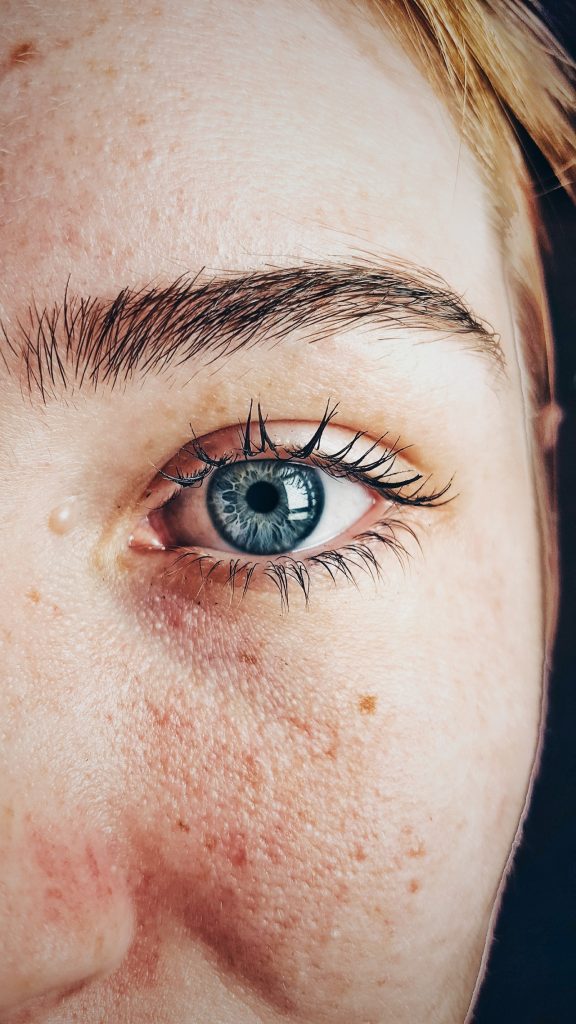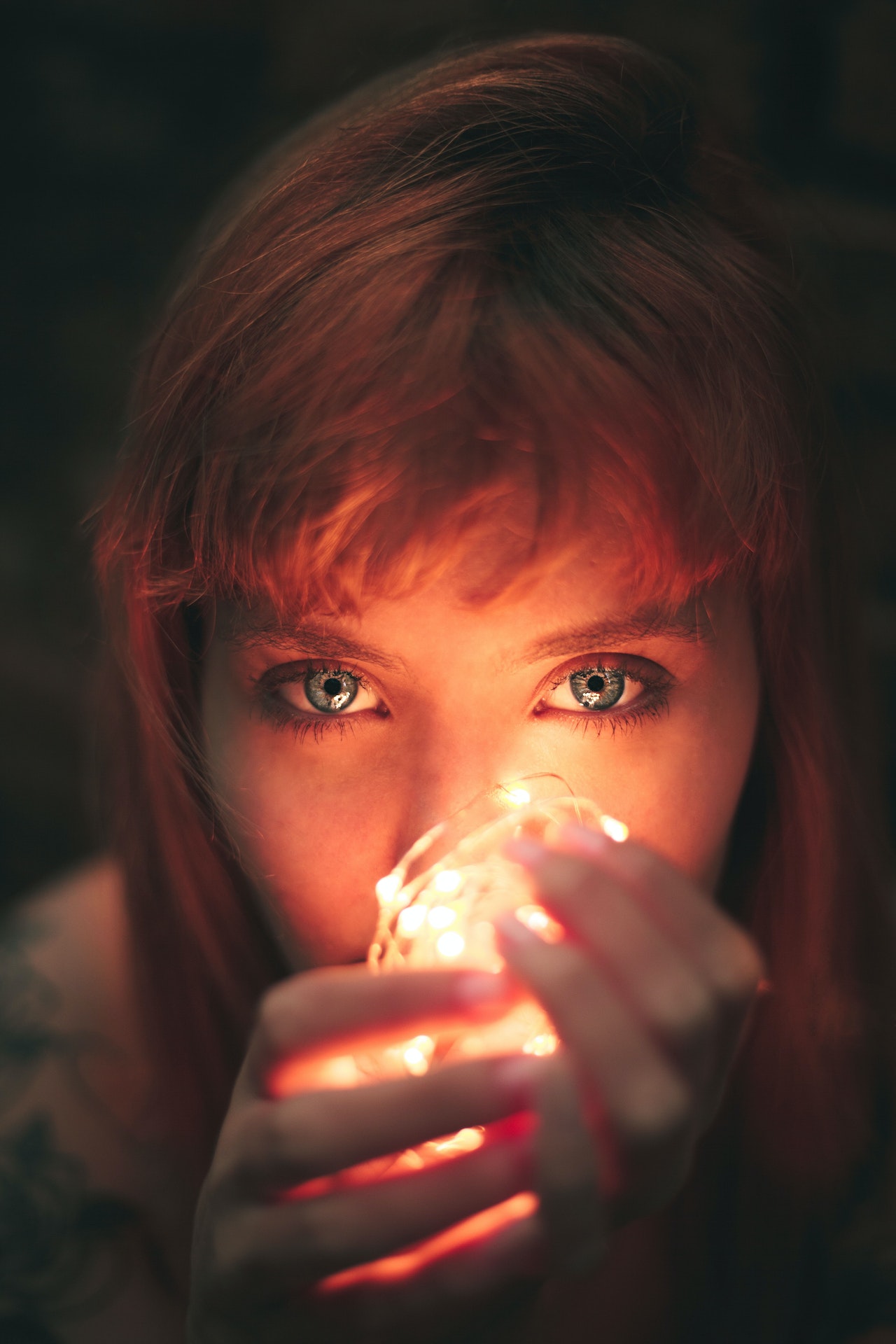Eyes dilate when we see something that’s interesting. This is why you can wear sunglasses indoors – your eyes need some protection from the bright light. But did you know that other factors, like bright sunlight, can also cause your eyes to dilate? This is what’s known as photophobia, and it can lead to a variety of eye diseases. In this blog post, we will explore the effects of photophobia on the eye and how you can protect yourself from it.
Read More: Sanpaku Eyes
What is Eyes Dilation?
Eyes dilate when they become wide in response to a stimulus. This phenomenon can be seen in infants when they are startled or when their eyes are exposed to bright light. When the pupil becomes large, the eye is said to have contracted. The iris also contracts, which causes the color of the eye to change from blue-black to yellow or brown.
In adults, eyes dilate in response to a number of stimuli, including excitement, fear, and being tired. When an individual is sleepy or relaxed, blood flow throughout the body decreases, which results in dilation of the pupils. Other factors that can cause dilation of the pupils include drugs (such as caffeine) and diseases (such as glaucoma).
When an individual’s pupils are too large for their eyes, this can lead to discomfort and visual problems. In particular, it can be difficult for people with poor vision to see clearly at night or during low light situations. Furthermore, larger pupils make it more difficult for people to react quickly enough when something unexpected happens; this is especially true if someone has trouble focusing on one thing at a time. Additionally, larger pupils may make it more difficult for people to see in dim light because there is less contrast between objects and background colors.
Causes of Eyes Dilation
Eyes dilate when they are exposed to bright light or when our body increases its production of tears. This process helps to improve vision in low-light environments. When the eyes are dilated, the pupil (the black part of our eye) can be as much as 20 times its normal size.
There are a few different reasons why your eyes might dilate. Some people have a condition called Horner’s Syndrome, which is caused by a decrease in nerve supply to one side of the face or eye. In some cases, this can lead to dilation of the eyes. Other causes include:
• Exposure to bright lights such as sunlight or fireworks
• Watching TV or using electronic devices in bright light for a long period of time
• Overwhelming emotions like anger, anxiety, or sadness
• Intense physical activity
• Being in an air-conditioned room
Eye Diseases that are Caused by Eyes Dilating Too Much
Dilated eye syndrome, often called “myopia” is a condition in which the eyes become too elongated and focused. The condition is caused by a problem with the way light travels through the eyes. This can cause blurred vision and distortions of vision. Myopia can also lead to other eye diseases, such as cataracts and glaucoma. The most common causes of myopia are excessive reading or focusing on nearby objects, while ignoring other things in the environment. Other causes include genetics, age, and injury to the eye. There is no known cure for myopia, but treatments can help improve vision. Early detection and treatment of myopia is important to prevent further complications.
Myopia is one of the most common eye diseases in children and adults around the world. It is caused by a problem with how light travels through the eyes. This can cause blurred vision and distortions of vision. Myopia can also lead to other eye diseases, such as cataracts and glaucoma. The most common causes of myopia are excessive reading or focusing on nearby objects, while ignoring other things in the environment. Other causes include genetics, age, and injury to the eye. There is no known cure for myopia, but treatments can help improve vision.? Early detection and treatment of myopia is important to prevent further complications.?
Read More: Sanpaku Eyes
How to counteract Eyes Dilating Too Much
If you have ever experienced an intense feeling of your eyes being wide open, you might be dilating your eyes too much. Dilating the eyes can be a sign of eye health or an indicator of a problem. However, the benefits of increased eye dilation can far outweigh any risks when performed properly.
There are many reasons why people might want to dilate their eyes more than usual. Some people use it as a stress reliever or as part of religious practices. Dilation is also used in various medical treatments including during cataract surgery and during glaucoma treatment. When done improperly, however, too much dilation can lead to eye diseases such as myopia (nearsightedness), hyperopia (farsightedness), and even cataracts.
The proper way to dilate the eyes is by using saline solution or eye drops. Saline solution should be placed in the affected eye and allowed to drain for about five minutes. Eye drops should be put into one eye at a time and allowed to dry for about five minutes before being used again. It is important to always follow the instructions that come with the products that you are using since incorrect dilation can lead to serious consequences for your vision [1].
Conclusion
Eye dilatation can be caused by many things, but the most common cause is eye fatigue. When you are looking at something for an extended period of time, your eyes have to work harder to keep up. This can lead to dilation of the pupils and eye disease. If you experience frequent eyedilatation, or if it’s causing problems with your vision, talk to your doctor about what could be causing it and how you can fix it.



